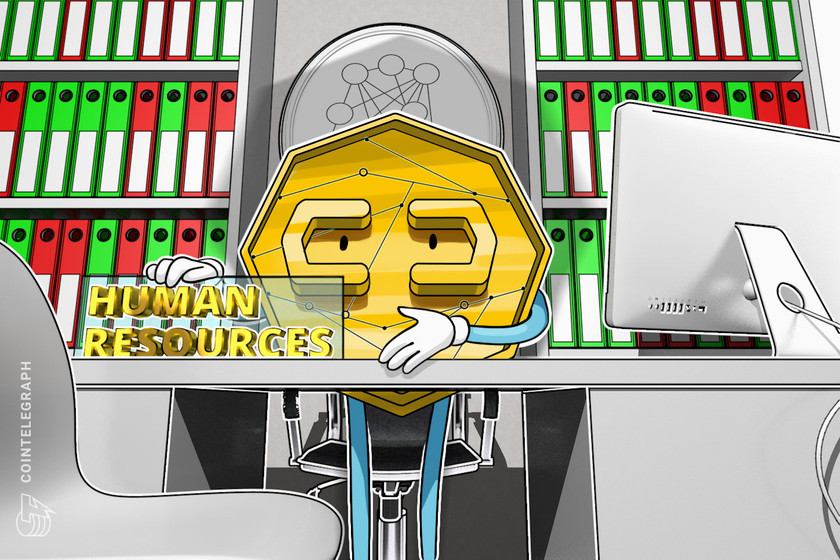New Jersey bill would make crypto sold to institutional investors a security


The bill complements one already on the governor’s desk that regulates digital assets owned by individuals.
The New Jersey General Assembly may consider a bill that would decide when a digital asset or “virtual currency’ is a security under state law.
All virtual currencies issued and sold to institutional investors would be considered securities in the U.S. state of New Jersey under the bill introduced by Democratic Assemblymember Herb Conaway, Jr. on Nov. 29. According to the short text of the bill, the legislation would supplement the New Jersey Uniform Securities Law, which currently makes no mention of virtual or digital currency or cryptocurrency.
The bill pertains only to institutional investors, which are defined as “a company or organization that invests money on behalf of other people.” It also specifies that stablecoins could be determined to be virtual currencies by the state’s Bureau of Securities.











